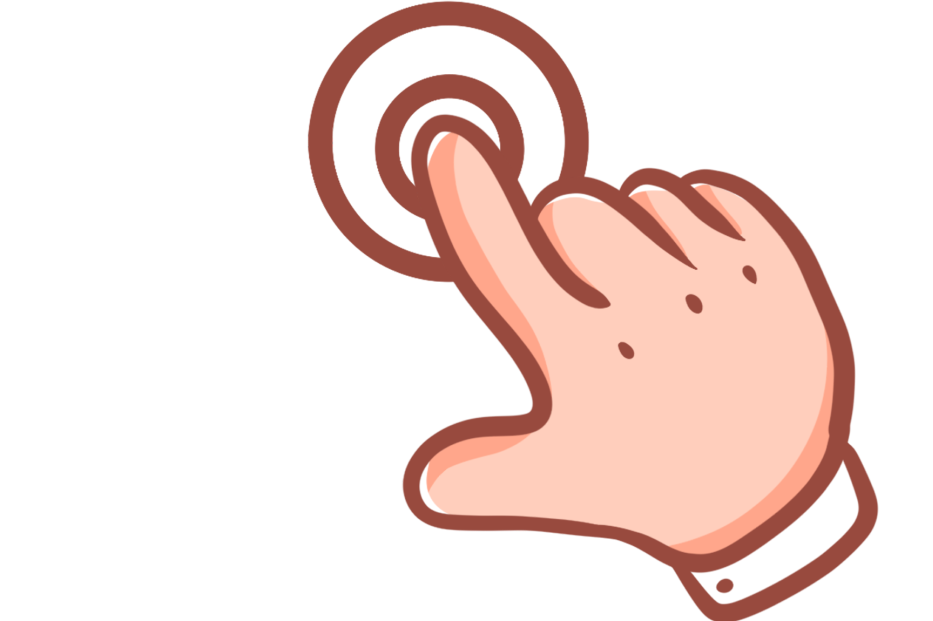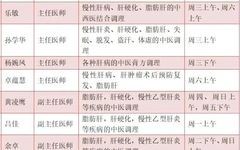
A few days ago, when discussing the treatment of patients with fatty liver using medicinal pastes, a term was mentioned: Qing Gao (Clear Paste). Many patients are quite interested in this type of paste, so today let’s learn more about it.
The medicinal paste, also known as Gao Ji (paste preparation), is a form of traditional Chinese medicine (TCM). The commonly referred winter tonic pastes are known as Gao Zi Yao (nourishing pastes), used to nourish the body and treat diseases through internal consumption. They can help suitable individuals achieve effects such as tonifying Qi and blood, prolonging life, and improving constitution. But did you know that there are some special types of pastes among them: Su Gao (Vegetarian Paste) and Qing Gao (Clear Paste)? What are the differences between these and regular pastes? Who are these pastes suitable for?
What are ‘Su Gao’ and ‘Qing Gao’?
Su Gao and Qing Gao are both types of medicinal pastes, but they differ in their preparation process compared to regular pastes.
Su Gao: Compared to regular pastes, Su Gao does not use animal-based Chinese medicinal ingredients (such as placenta, deer antler, etc.) in its formulation, nor does it include animal gelatin (such as Ejiao (Donkey-hide Gelatin), Gui Ban Jiao (Tortoise Shell Gelatin), etc.) during preparation. It only uses ingredients like brown sugar, honey, and white sugar to create the paste.
Qing Gao: The term ‘Qing’ in Qing Gao refers to the fact that during the preparation process, it is concentrated to a viscous state, thus eliminating the need to add sugars (such as honey, rock sugar, white sugar, brown sugar, malt sugar, etc.) or animal gelatin for paste formation.
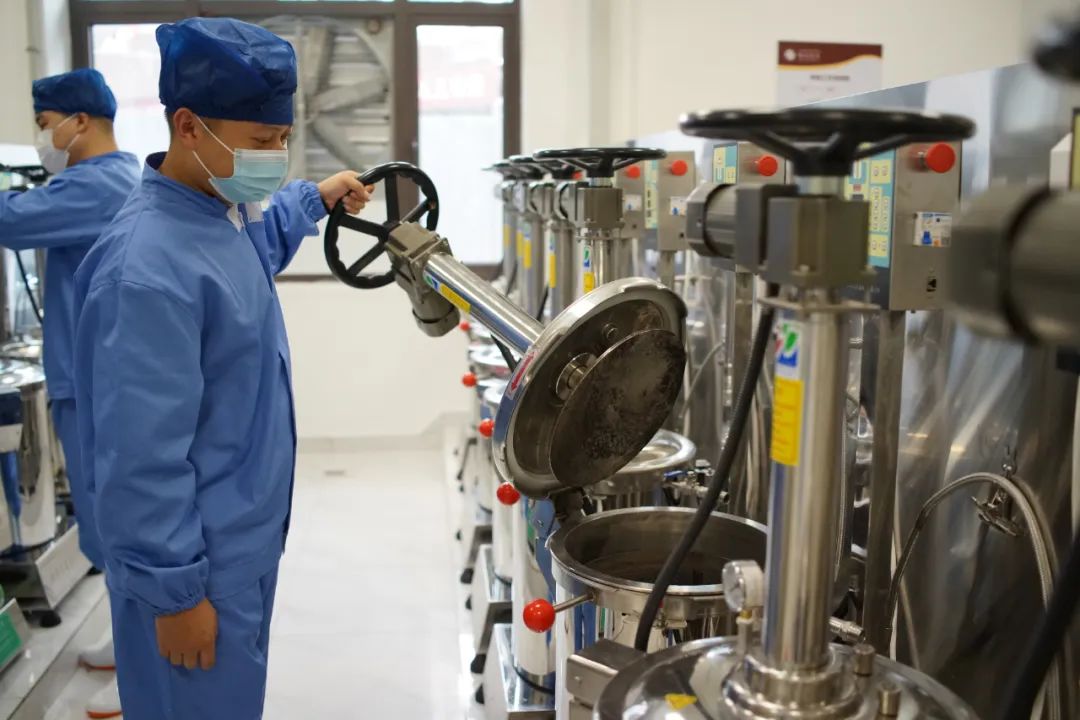
Who are the suitable groups for ‘Su Gao’ and ‘Qing Gao’?
Su Gao and Qing Gao, while ensuring the therapeutic effects of the paste, differ in the selection of medicinal materials compared to regular pastes, making them more suitable for certain groups with special needs.
1. Su Gao does not use animal materials and only uses plant materials as auxiliary ingredients, making it particularly suitable for some vegetarian patients.
2. Qing Gao, due to its preparation process that directly forms the paste without adding sugars, can meet the needs of individuals with abnormal glucose tolerance, metabolic syndrome, and diabetes.
3. Individuals with non-alcoholic fatty liver, hyperlipidemia, and metabolic syndrome need to reduce fat and sugar intake, thus Su Gao and Qing Gao are more suitable for them.
4. Those who have been ill for a long time and have spleen and stomach deficiency may experience diarrhea and poor appetite after taking too many rich and greasy medicines; such patients are also suitable for Su Gao and Qing Gao.
5. Many urban dwellers live fast-paced lives with high stress and are in a sub-healthy state. Taking medicinal pastes to regulate the body is very beneficial. However, due to the common issue of nutritional excess, especially among overweight individuals, consuming Su Gao and Qing Gao for nourishment is more appropriate.
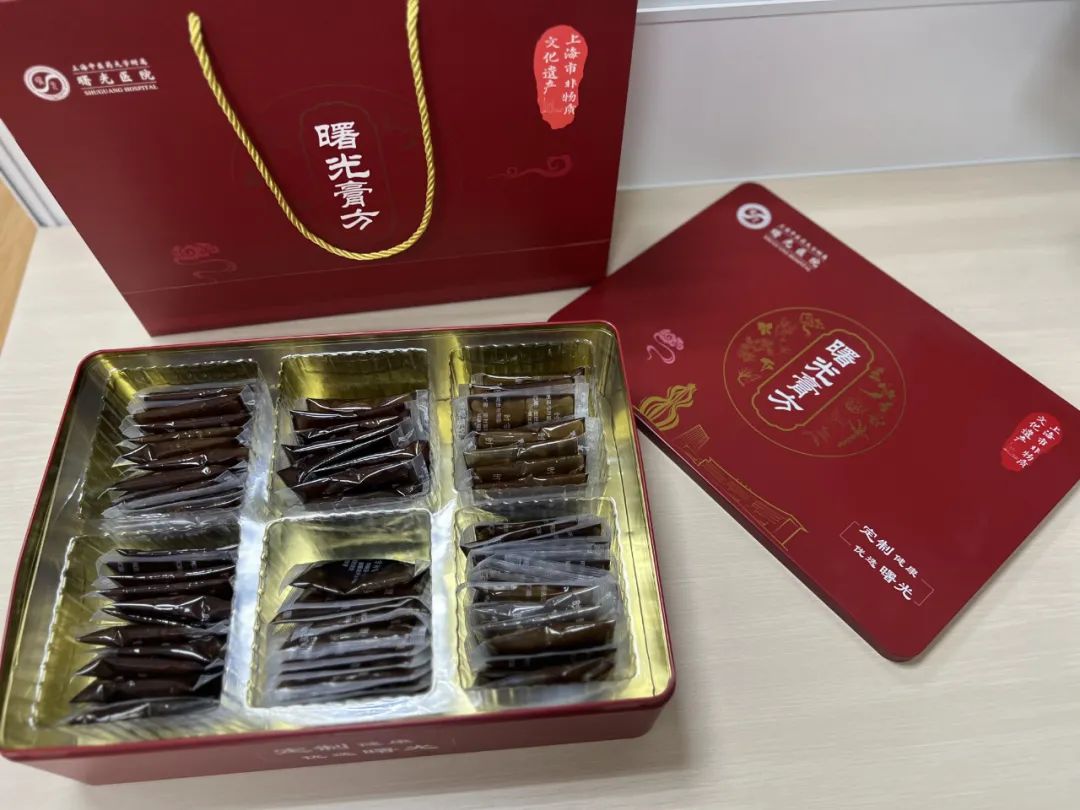
When using medicinal pastes, the key is ‘Yin-Yang Balance’
While medicinal pastes are beneficial, they are not suitable for everyone, and the materials used are not necessarily better if they are more expensive.
Traditional Chinese medicine believes that a healthy person has a balance of Yin and Yang, with ‘Yin Ping Yang Mi’ (Yin is balanced and Yang is hidden). Unhealthy individuals may experience an excess or deficiency of Yin and Yang. For example, individuals with Yang deficiency should not take too many Yin-tonifying medicines, and those with Yin deficiency should avoid excessive Yang-tonifying medicines, as this can be harmful rather than beneficial. Therefore, medicinal pastes should be tailored to each individual and should not be universally applied. It is advised that individuals seeking to use medicinal pastes consult a qualified TCM physician at a reputable hospital.
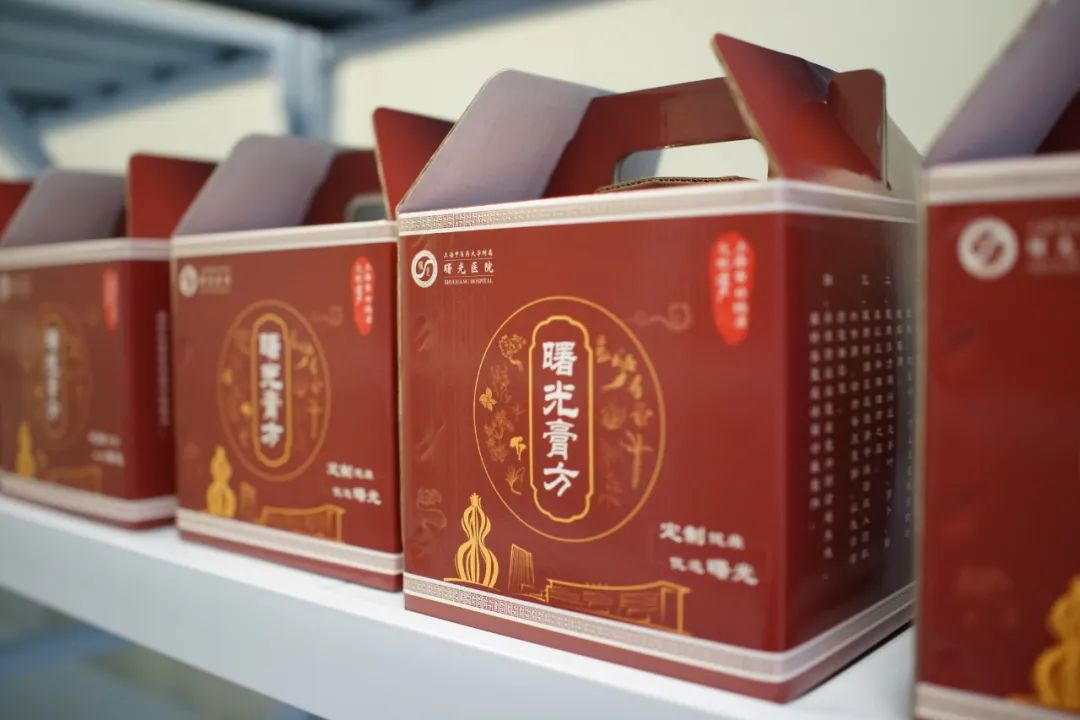
Three Prohibitions When Taking Medicinal Pastes
1. Avoid raw and cold foods: Raw and cold foods can lead to diarrhea, which can negatively affect the benefits of the paste, especially for patients with spleen and kidney Yang deficiency. 2. Avoid spicy foods: Spicy and irritating foods can generate heat, which should be particularly noted by those with Yin deficiency and excess heat. 3. Avoid greasy foods: Since medicinal pastes are often rich and greasy, consuming greasy foods can lead to digestive issues, thus affecting the effectiveness of the paste.
// Expert Introduction //
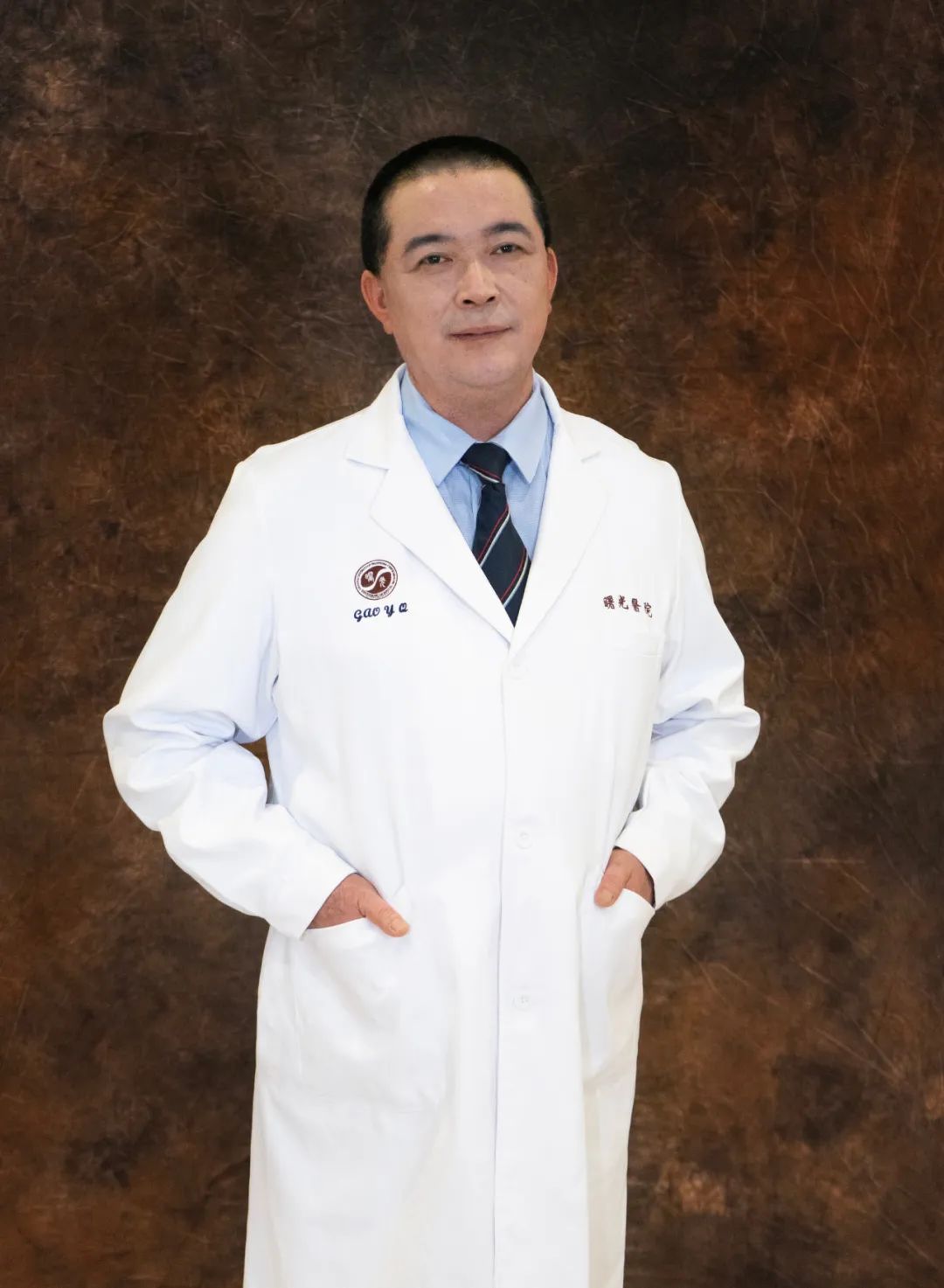
Gao Yueqiu, a member of the Communist Party of China, PhD candidate, Chief Physician, Professor, and Doctoral Supervisor at Shuguang Hospital affiliated with Shanghai University of Traditional Chinese Medicine. He also serves as the Vice Chairman of the Liver and Gallbladder Disease Branch of the Chinese Association of Traditional Chinese Medicine and President of the Liver Disease Branch of the Chinese Ethnic Medicine Association; he is an expert enjoying special allowances from the State Council. He has been selected as a Qi Huang Scholar, a national talent project, a leading talent in Shanghai, an outstanding discipline leader in Shanghai, a Shuguang Scholar in Shanghai, and a third batch of national excellent clinical talents in TCM; he has received numerous honors including Advanced Worker in the National Health and Family Planning System, Shanghai May Day Labor Medal, and Advanced Individual in Shanghai Health and Family Planning Work.
He has been practicing medicine for 31 years, studying under the famous TCM physician Wang Lingtai in Shanghai. Guided by the TCM theory of ‘the kidney is the foundation of congenital essence, and the spleen is the foundation of acquired essence’, he has inherited Wang’s academic thought of ‘tonifying the kidney to treat chronic hepatitis B’ and clarified the pathogenesis of liver disease as ‘spleen and kidney deficiency as the root, dampness, toxins, phlegm, and stasis as the manifestations’ in clinical practice. He has established tonifying the kidney and strengthening the spleen as the basic treatment method, using methods to resolve dampness and detoxify for chronic hepatitis B, nourishing Yin and activating blood for liver fibrosis, activating blood and softening hardness for large nodular liver cirrhosis, and detoxifying and activating blood for primary liver cancer, as well as resolving dampness and activating blood for non-alcoholic fatty liver.
// Liver Disease Clinic for Medicinal Pastes //
East Hospital
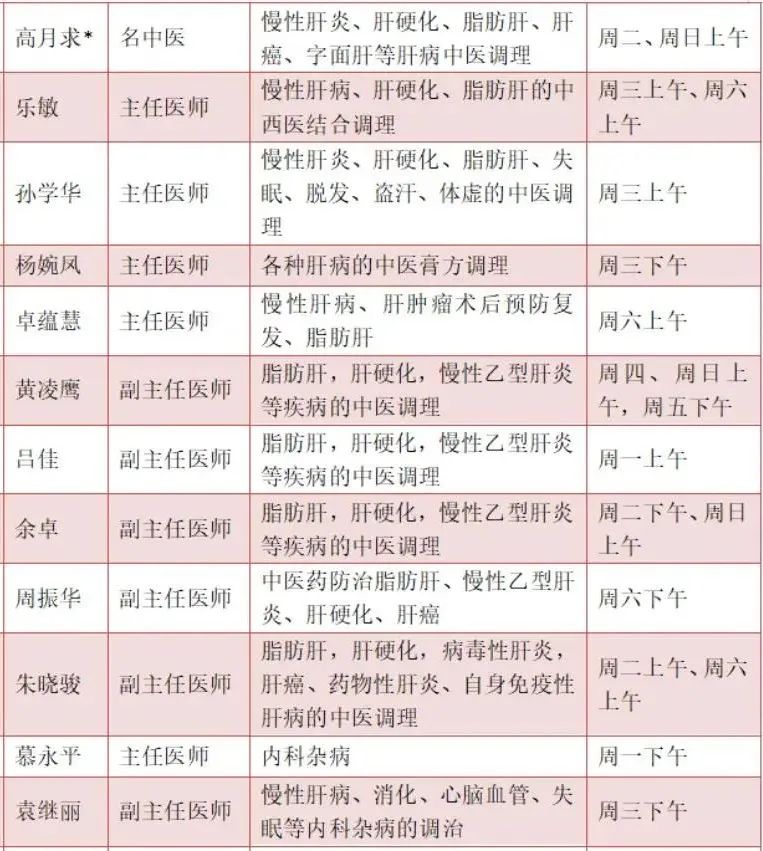
West Hospital
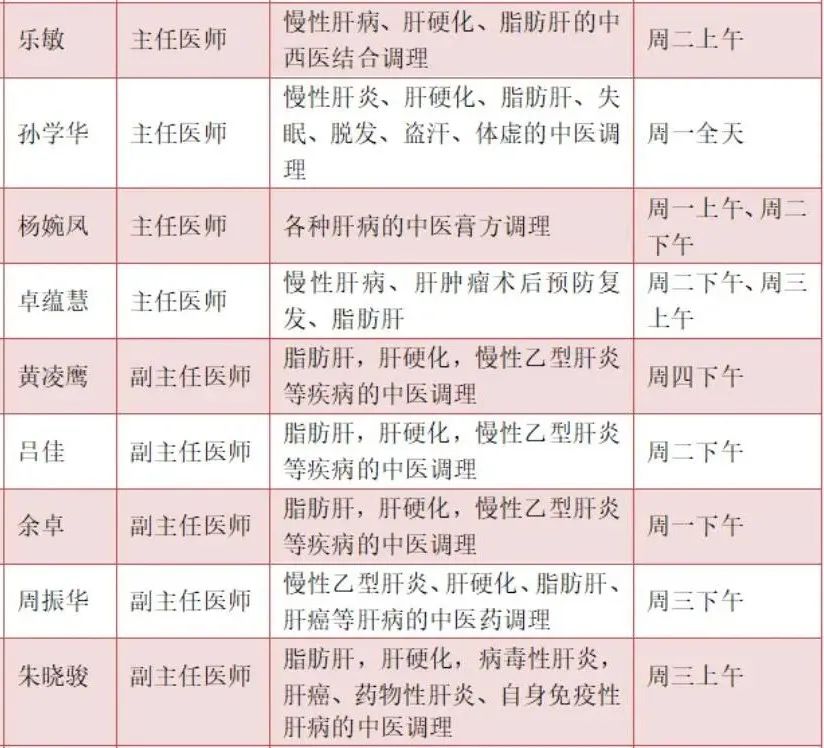
Note: Individuals marked with an asterisk (*) after their names are renowned TCM physicians at the municipal level or above.
The schedule is for reference only; please refer to the arrangements on the day.
Recommended Click:
【Shuguang·Gao Fang】Meticulously crafted, quality assured—2022 ‘Shuguang Gao Fang’ is being produced in our hospital, and the paste clinic is ongoing.
【Shuguang·Gao Fang】A century of Shuguang Gao Fang, safeguarding a century of life—our hospital’s paste clinic opened today.
